Are you thinking about a vegan diet, but you are not sure where to start? Then this article is perfect for you! It tells you everything you need to know about becoming vegan! And it also includes a helpful vegan food list, tips for newly vegans, and so much more!
I still remember when I became vegan five years ago. Everything was new and I had sooo many questions. Is a vegan diet healthy? How do vegans get protein? What about supplements? And what are the best tofu recipes? Over the last few years, vegan cooking became a passion for me and I started this blog.
So let’s take a step back and talk about all the basics of vegansim!
What Is Vegan?
Sometimes it might seem like veganism is a new concept. Especially with so many new vegan restaurants and vegan cookbooks all over the world. However, the term “vegan” was coined as early as in 1944 by members of the Vegetarian Society in England.
Like vegetarians, vegans choose not to eat any kind of meat or fish. But in addition vegans also do not consume dairy, dairy products, eggs, or any other products of animal origin.
Vegan Definition
So veganism is the practice of not consuming any kind of animal-derived products.
There are different forms of veganism:
- Dietary Vegans – they do not eat any kind of meat, fish, dairy, or eggs. However, they are not focused on animal-free clothing, furniture, beauty, and cleaning products.
- Ethical Vegans – they do not consume meat, dairy, and eggs as well as any kind of animal-derived products like leather or products that were tested on animals. For them, veganism is mostly about the animals and veganism plays a part in all areas of their lives.
- Environmental Vegans – they eat a vegan diet mostly because of environmental reasons. Particularly factory farming is environmentally unsustainable. They wish to reduce their “carbon footprint”.
- Raw Vegans – they eat a strict plant-based diet, but they don’t consume food that has been cooked over 105-115 °F.
- Health-Inspired Vegans – they eat vegan food for their own health (for example to avoid cardiovascular disease, lower cholesterol, and lose weight).
Vegan Foods – Vegan Food List
There are so many vegan foods out there! It’s much easier to find vegan food than you might think. In many supermarkets there is even a special vegetarian and vegan section.
Here’s a list of the vegan staples I’ve always got at home:
My Vegan Essentials:
- fruits (fresh, frozen, and dried)
- vegetables (fresh and frozen)
- legumes (chickpeas, black beans, navy beans, kidney beans, red, green, and brown lentils – either canned or dried)
- whole wheat grains (brown rice, whole wheat pasta, bread, tortillas)
- potatoes and sweet potatoes
- herbs and spices
- quinoa, buckwheat, oats, and other gluten-free grain alternatives
- nuts and seeds (for example cashews, almonds, walnuts, pumpkin and sunflower seeds)
- hemp, chia, and flax seeds
- healthy fats like avocado or nut butter
- soy products (tofu and tempeh)
- plant-based milk alternatives (for example soy milk, almond milk, and oat milk)
- vegan yogurt and cheese
- nutritional yeast (great for “cheesy” sauces!)
- oils (for example olive oil, coconut oil, and sesame oil) and vinegar (balsamic and white wine vinegar)
- condiments like hummus, sriracha, and vegan mayonnaise
- vegetable stock
- sweeteners like agave and maple syrup
- ingredients for vegan baking (flour, baking powder, instant yeast, ground flax seeds)
I already wrote another blog post that answers the question what vegans eat. It also includes some of the most popular vegan recipes.
My Favorite Kitchen Tools in My Vegan Kitchen:
1. A good high speed blender (I use a Vitamin 5300)* for smoothies, homemade nut butter, creamy vegan sauces with cashews, and so much more!
2. A medium-sized food processor (I use a Cuisinart 14 cup food processor)* for sauces, salsa, pesto, energy balls, hummus, and all kinds of chopping.
3. An Instant Pot or any other pressure cooker. I use an Instant Pot DUO 60 * 6 Quart and absolutely LOVE it. It’s perfect for cooking brown rice, dried beans, and lentils, and even whole meals. Check out my roundup of vegan instant pot recipes for more ideas.

How to Become Vegan
Becoming vegan might be a bit intimidating at first. You’ve decided you want to go vegan, but where should you start? And what about all those new products you have never seen in your life?
My tips for becoming vegan:
- Go at your own pace – only a few vegan meals a week are way better than no vegan meals at all! Take it slow, especially when your family and kids are involved as well.
- Educate yourself on the benefits of a vegan lifestyle – watch documentaries on Netflix (for example “Forks Over Knives” or “What The Health“) and read books about veganism and nutrition (for example “How Not To Die“)
- Reach out to other vegans – join vegan forums and Facebook groups, go to vegan meat-ups, and talk to people. Ask for help! And you might even find some new friends.
- Learn what to avoid and what to look out for – check ingredients labels in the supermarket and learn how you can replace products like dairy or eggs.
- Make sure you get all essential nutrients – if you eat a great variety of vegetables, nuts, seeds, and legumes you won’t have any problems, but it’s important to educate yourself about the fundamentals of a vegan diet. And make sure to supplement vitamin B12.
- Try new recipes and new products – there are so many vegan recipes out there. Don’t be discouraged when something doesn’t turn out as planned. Just move on to the next recipe and adjust it to your personal taste!
Benefits of a Vegan Diet
There are many benefits of a vegan diet. A balanced vegan diet does not only provide many health benefits but it also helps to prevent major diseases that lead to the death of many Americans.
Here are the most important benefits of a vegan diet:
- A vegan diet is often much healthier than a traditional Western diet. It’s richer in certain nutrients (if you eat a diet rich in whole grains, vegetables, beans, nuts, and seeds, you will have plenty of magnesium, potassium, vitamins A, C, and E as well as folate).
- It can lower your risk of heart disease (it can prevent heart attack and stroke).
- Vegans have up to a 75% lower risk of developing high blood pressure.
- A vegan diet can reduce cholesterol levels.
- It can help people with arthritis and reduce symptoms of arthritis and associated pain.
- A healthy and balanced vegan diet can help you to lose weight.
- Besides, it’s good for your skin and can lead to a reduction in blemishes.
Other Blog Posts About Vegan Diet and Vegan Food You Might Like:
- What Do Vegans Eat? – The 55 Most Popular Recipes
- Is Honey Vegan?
- Vegan vs Vegetarian
- 35 Easy Vegan Dinner Recipes for Weeknights
- 28 Drool-Worthy Vegan Dessert Recipes
- 27 Delicious Vegan Breakfast Recipes
I LOVE TO HEAR FROM YOU GUYS!
I hope you like this blog post about vegan diet. Don’t forget to pin or share this post to always have these tips for becoming vegan ready!
If you have any other questions about becoming vegan, just leave me a comment below.
You like my recipes and roundups and want to see more? Then follow me on Facebook, Instagram, or Pinterest!
*affiliate links
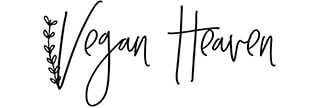

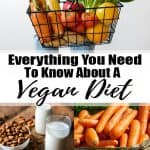
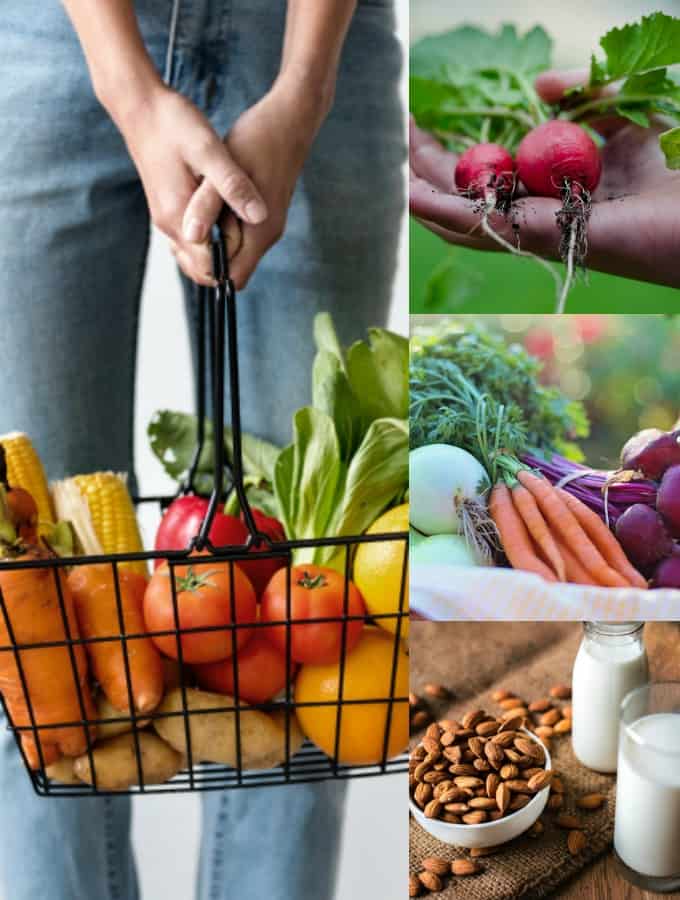
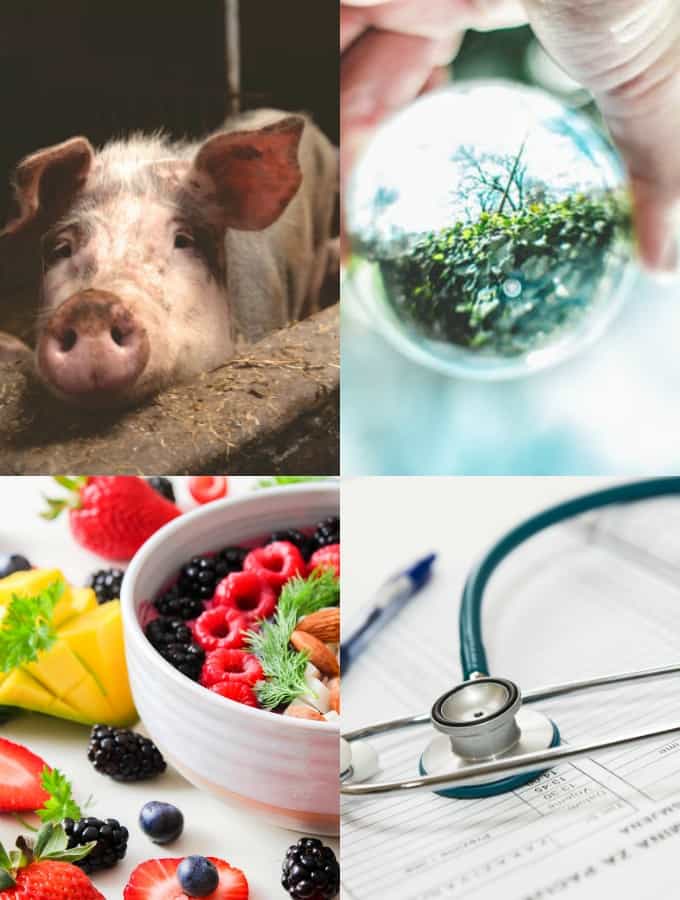
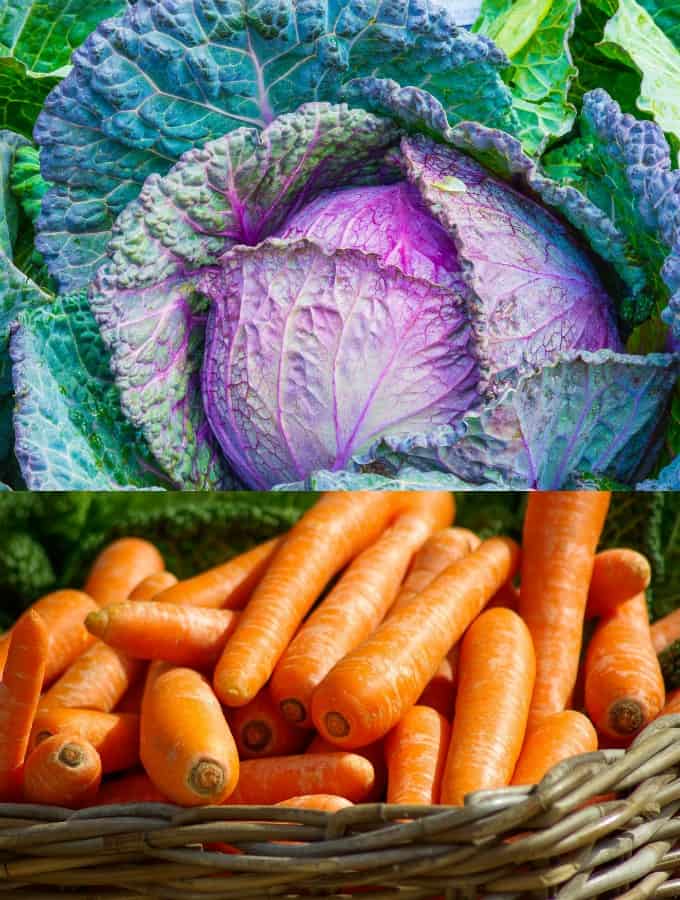



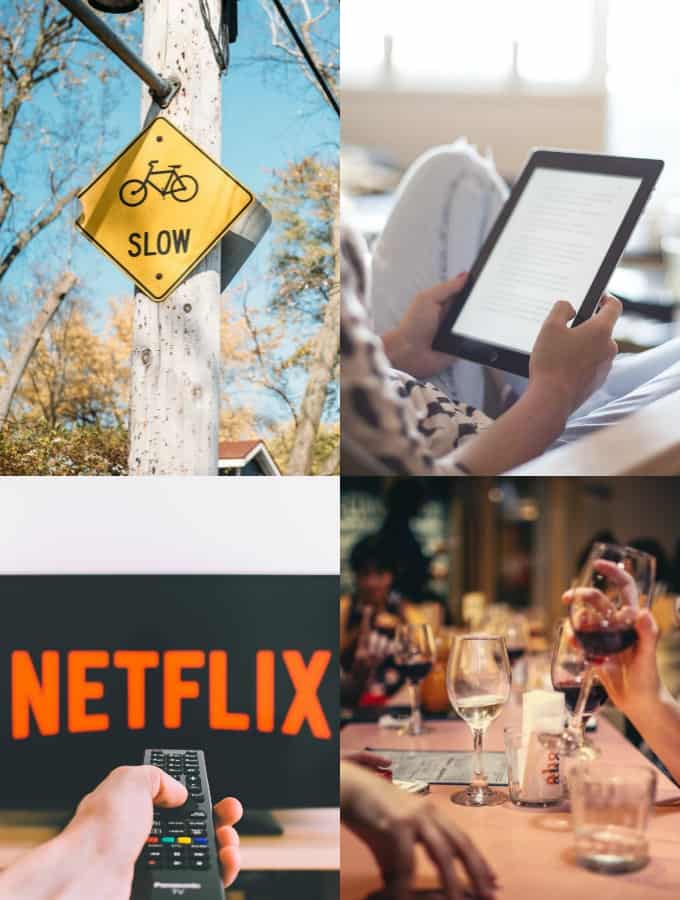

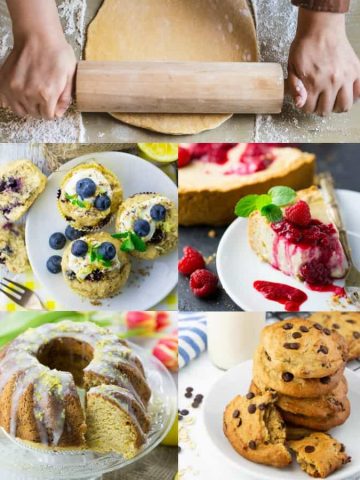
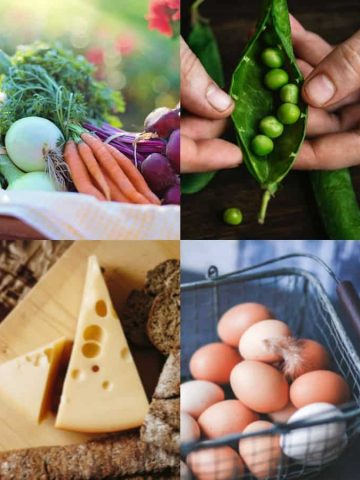
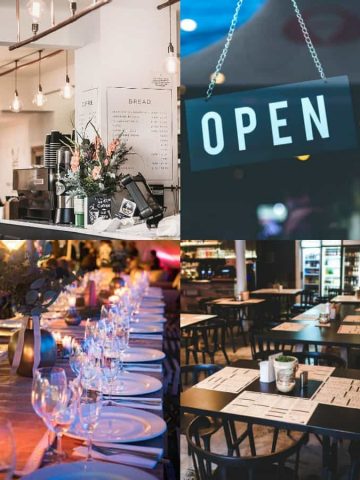

JUDY BAKER
Veganism is a lifestyle which excludes, as far as is possible, all forms of exploitation of, and cruelty to, animals for food, clothing, or any other purpose. Veganism IS NOT A DIET, those that choose not to consume flesh for any other reason are simply plant-based.
Ellen H.
I like that you said that a vegan diet can help you to become healthier and can lower your risk of getting heart diseases. This is a perfect tip for me because I have been experiencing chest pains. I don’t want my health issues to get worse due to the food that I eat, so I will consider finding a vegan meal plan that will work for me.